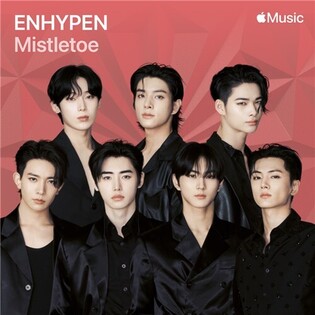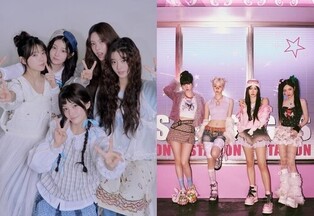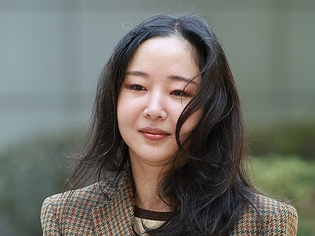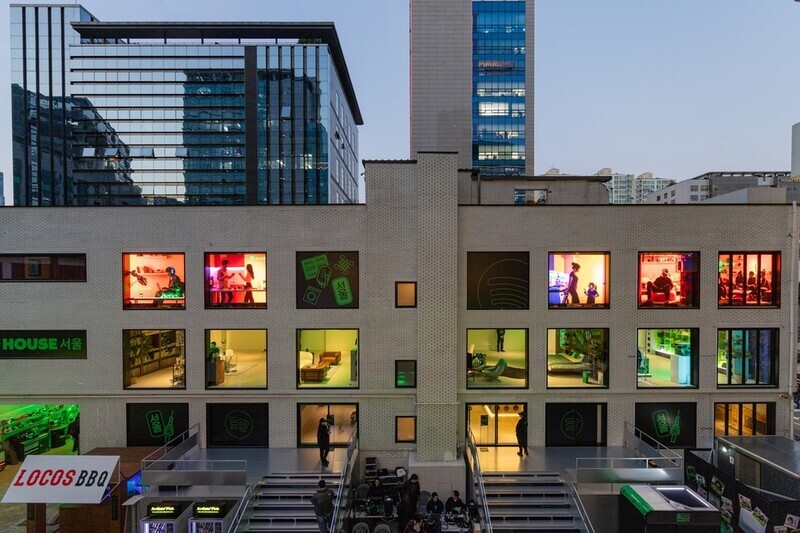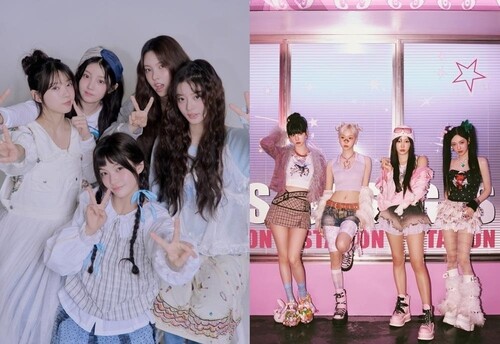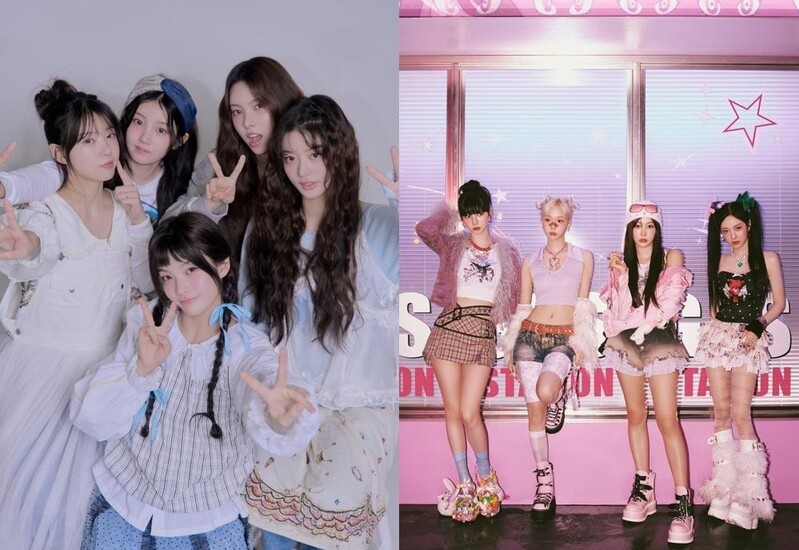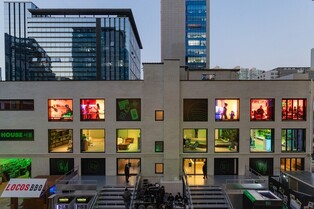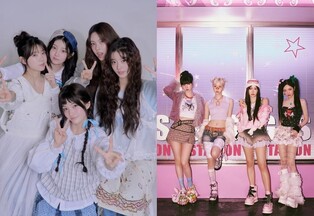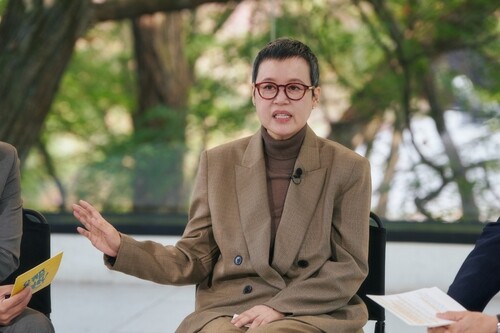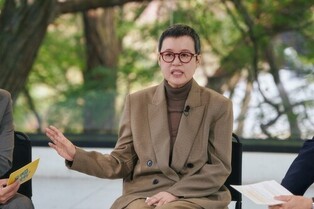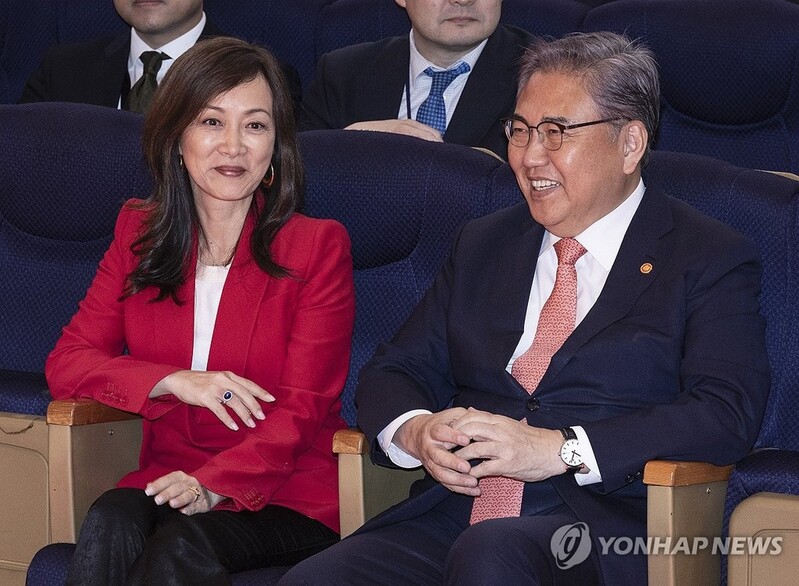 |
| ▲ Foreign Minister Park Jin (R) smiles as he talks to Sue Mi Terry, former director of the Asia Program at the Wilson Center, ahead of the special screening of "Beyond Utopia," a documentary film on North Korean defectors, at Seoul's foreign ministry on Nov. 6, 2023. The film, co-produced by Terry, features the stories of two North Korean defector families prior to the global outbreak of the COVID-19 pandemic. (Yonhap) |
FM-NK human rights
FM stresses S. Korea's role in protecting N. Korean defectors overseas
By Kim Seung-yeon
SEOUL, Nov. 6 (Yonhap) -- Protecting North Korean defectors in foreign countries is one of the key tasks in South Korea's diplomacy, and the government is working hand in hand with like-minded countries to better address the issue of their forced repatriation, Seoul's top diplomat said Monday.
Foreign Minister Park Jin made the remarks ahead of a special screening session for a documentary film on North Korean defectors, co-produced by Sue Mi Terry, a former senior analyst on Korean issues at the Central Intelligence Agency.
"Protecting our nationals is our ministry's key task. Protecting North Korean defectors in foreign countries is also a key task of the foreign ministry and diplomatic missions of the Republic of Korea," Park said prior to the screening of "Beyond Utopia" at the foreign ministry.
Park highlighted that Seoul has been raising the issue of China's recent forced repatriation of hundreds of North Korean defectors to the North, in tandem with like-minded countries.
"We are concerned that the North Korean defectors who are forcibly repatriated will suffer extreme hardships," Park said. "We are actively making efforts to work together with countries that share the same values with us (to address the issue) in a more innovative way."
"Beyond Utopia" features the vivid stories of two North Korean defector families who escaped their homeland before the outbreak of the COVID-19 pandemic.
The first part is about a mother who defected and is trying to get her son out of the North, with the latter part depicting the case of a family of three generations who made it out of the reclusive regime for freedom.
"It's a very emotional project for me," Terry, who was also present at the screening, said in a brief speech.
"I feel like my 25 years of career (in academia) were almost a preparation so I could help produce a film like this," she said.
Attributing the great reception to the film to the power of "very individual stories" being able to produce "something so universal," Terry underscored the need to better reflect North Korean human rights issues at the policy level.
"From the policy perspective, it's impossible to see a film like this and say that North Korea policy can just be about nuclear weapons," she said. "We must include the human rights component in our overall North Korea policy."
(END)
(C) Yonhap News Agency. All Rights Reserved



















